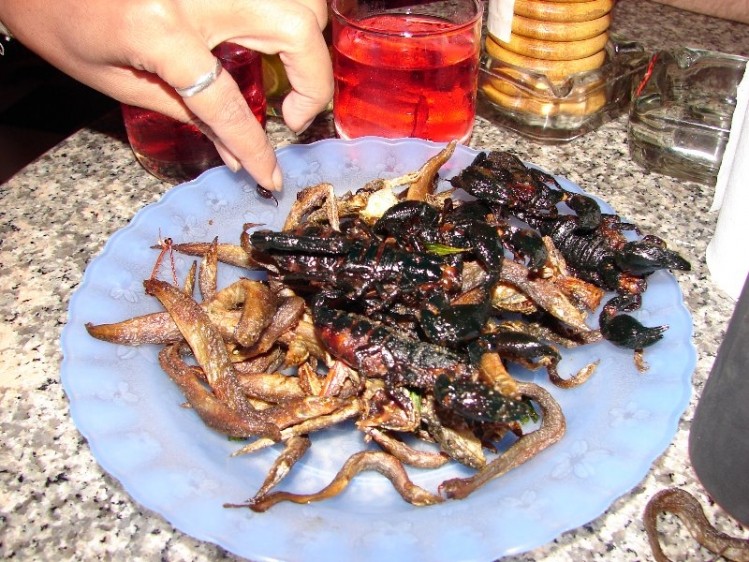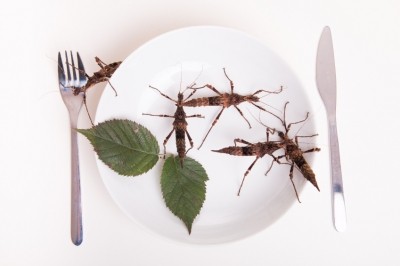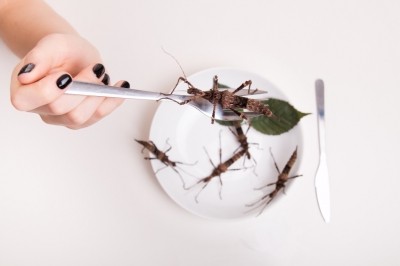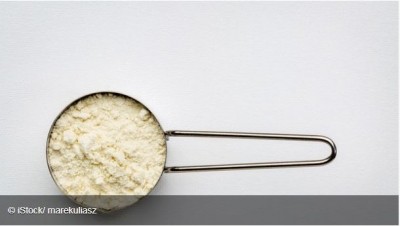Insects in animal feed? EU project calls for law change to improve meat sustainability

According to the project PROteINSECT, there is growing interest in insects as an alternative source of protein in animal feed, especially considering that insects already are a part of the natural diet of pigs and poultry.
Although European legislation allows insects in feed for fish and shellfish, it prevents their use in other animal feed. Currently, protein in feed tends to come from grains and oilseeds, but this project suggests insects could provide a more sustainable alternative.
Coordinated in the UK by FERA (the Food and Environment Research Agency), the EU-funded project is working with partners primarily in Europe, but also in China, Mali and Ghana, in order to push legislative changes.
Co-ordinator of the PROteINSECT project at FERA, Elaine Fitches, said: “To enable protein from insects to become a significant component of animal feed, European legislation must be changed if we want to allow it to be fed to pigs and poultry as well as fish. Our work in PROteINSECT is establishing the evidence base that this is a sustainable, safe and economic source of protein, delivering quality food for human consumption as well as significant environmental benefits.”
What makes insects more sustainable?
Over the past few years European researchers have begun to explore the potential for nutritious insect protein as a way to meet increasing global demand for protein-rich foods, as insects use far less land than traditional meat or vegetable protein production, produce less waste and emissions, and are even capable of using waste as feed.
The PROteINSECT project says a major advantage of using insects as a protein source for feed is that they can be reared successfully – and economically – on organic and domestic waste, and can reduce the volume of that waste by up to 60%. In addition, the residue could be recycled as fertiliser.
European regulation recently was relaxed to allow insect protein in aquaculture diets and the project’s coordinators claim that it is likely that this will be extended to include pig and poultry feed by 2015.
For direct human consumption, insects are governed by novel food regulation in Europe, but the researchers say insects are unlikely to require pre-market safety assessment, as many non-EU countries have already demonstrated a history of safe use.
Two billion people around the world already include insects in their diets, according to the FAO, although challenges remain for food safety and sanitation – as well as consumer acceptance, which the FAO recognises as a major hurdle among Europeans.














